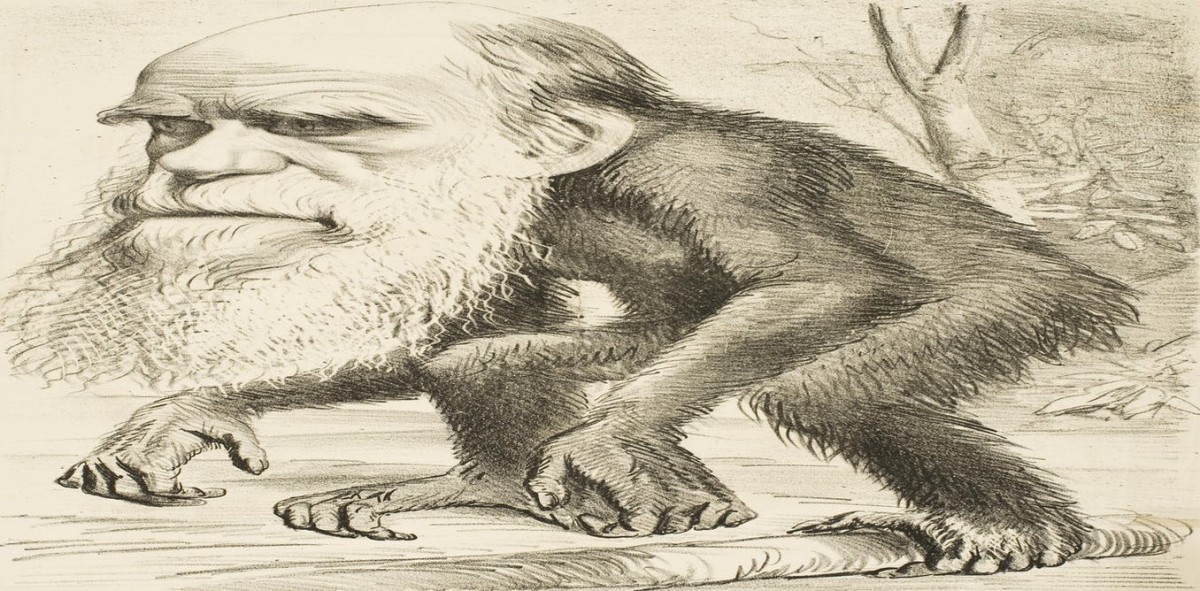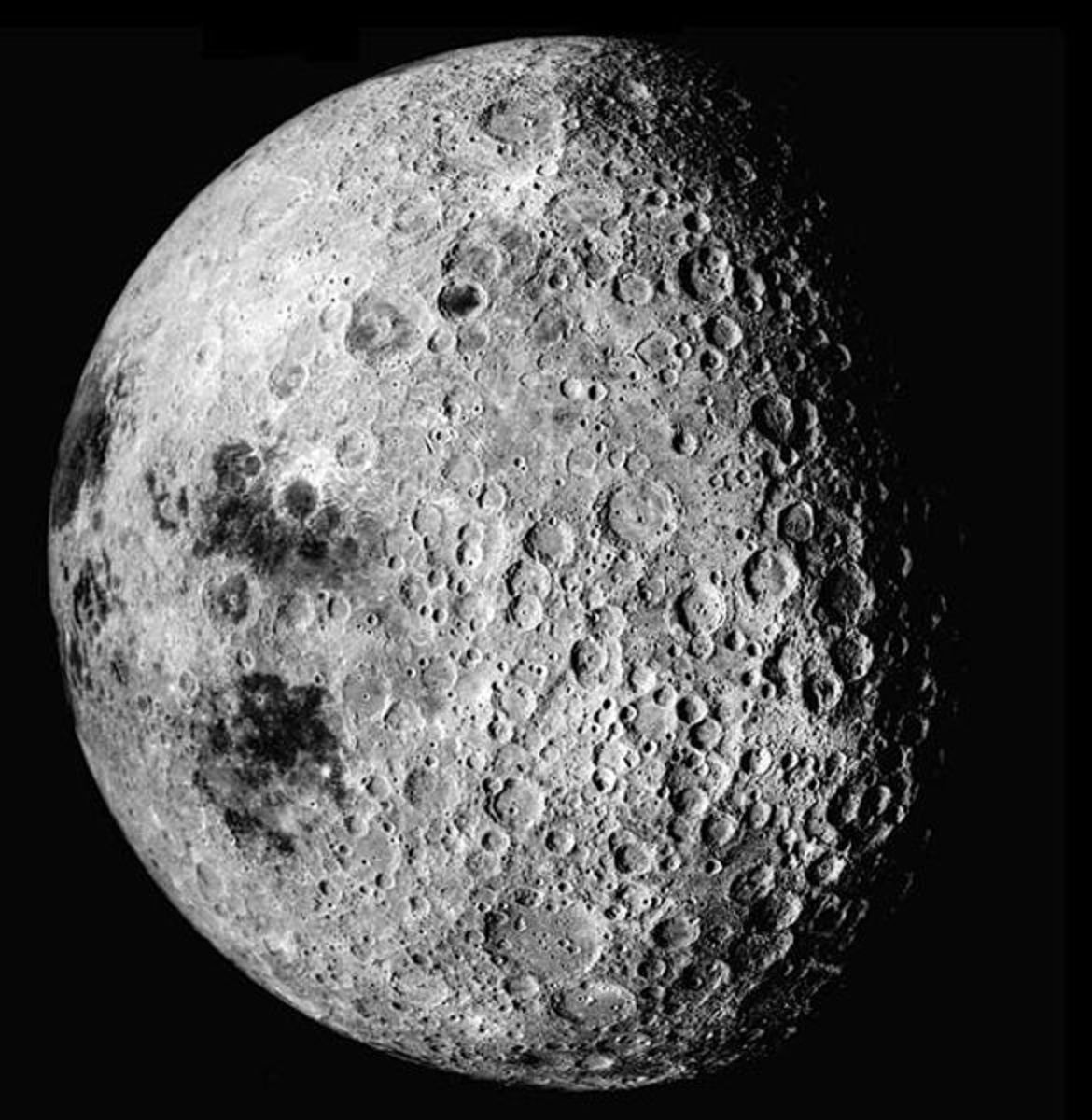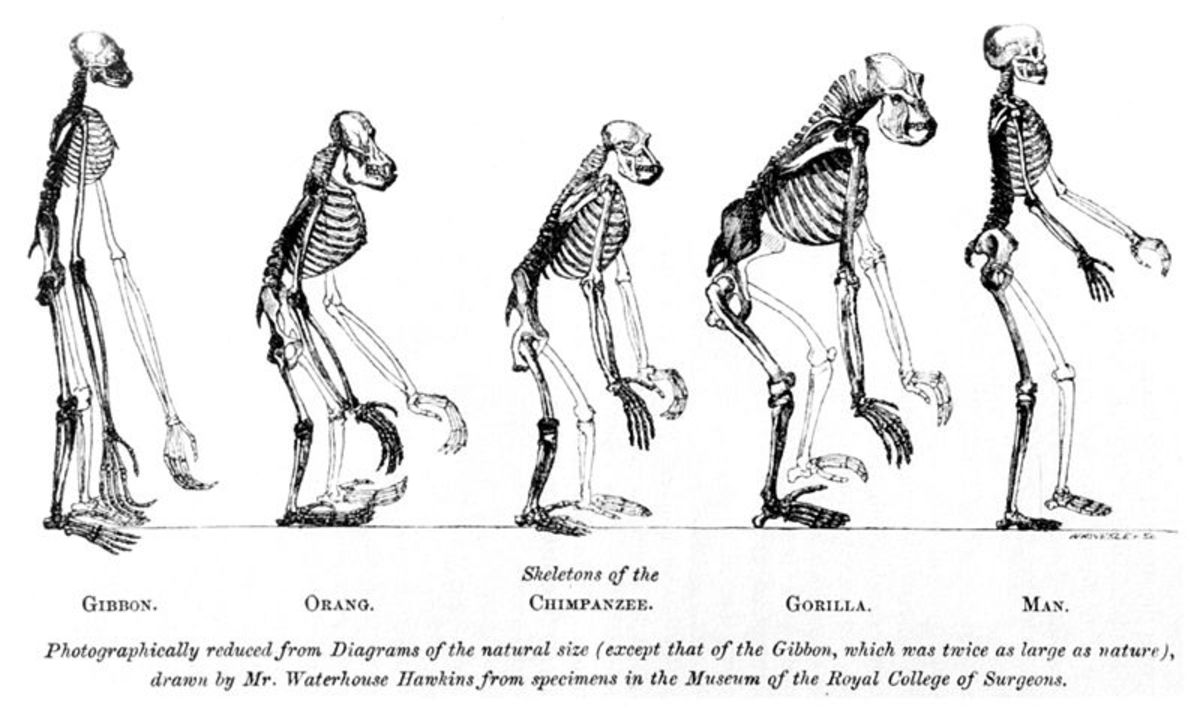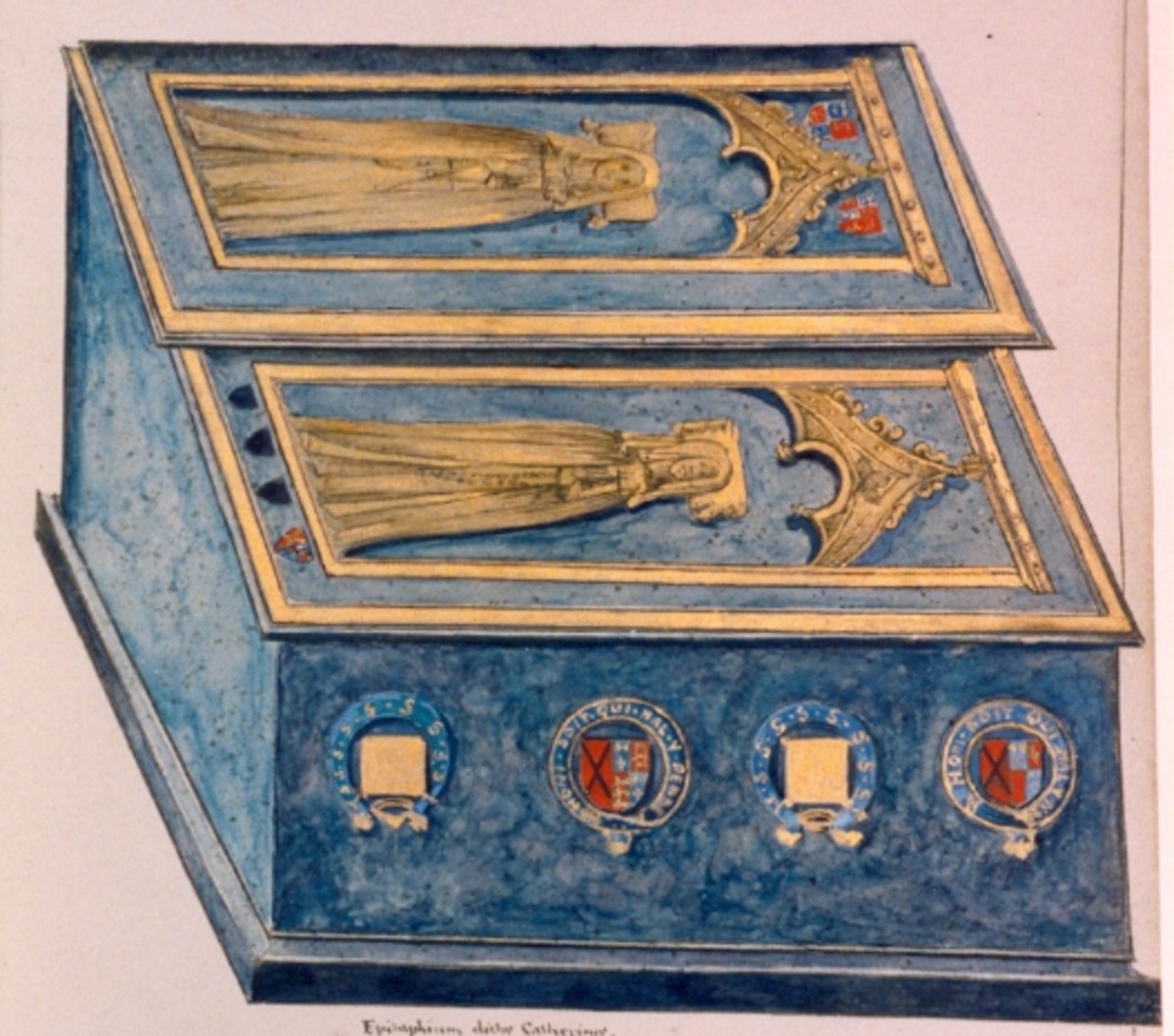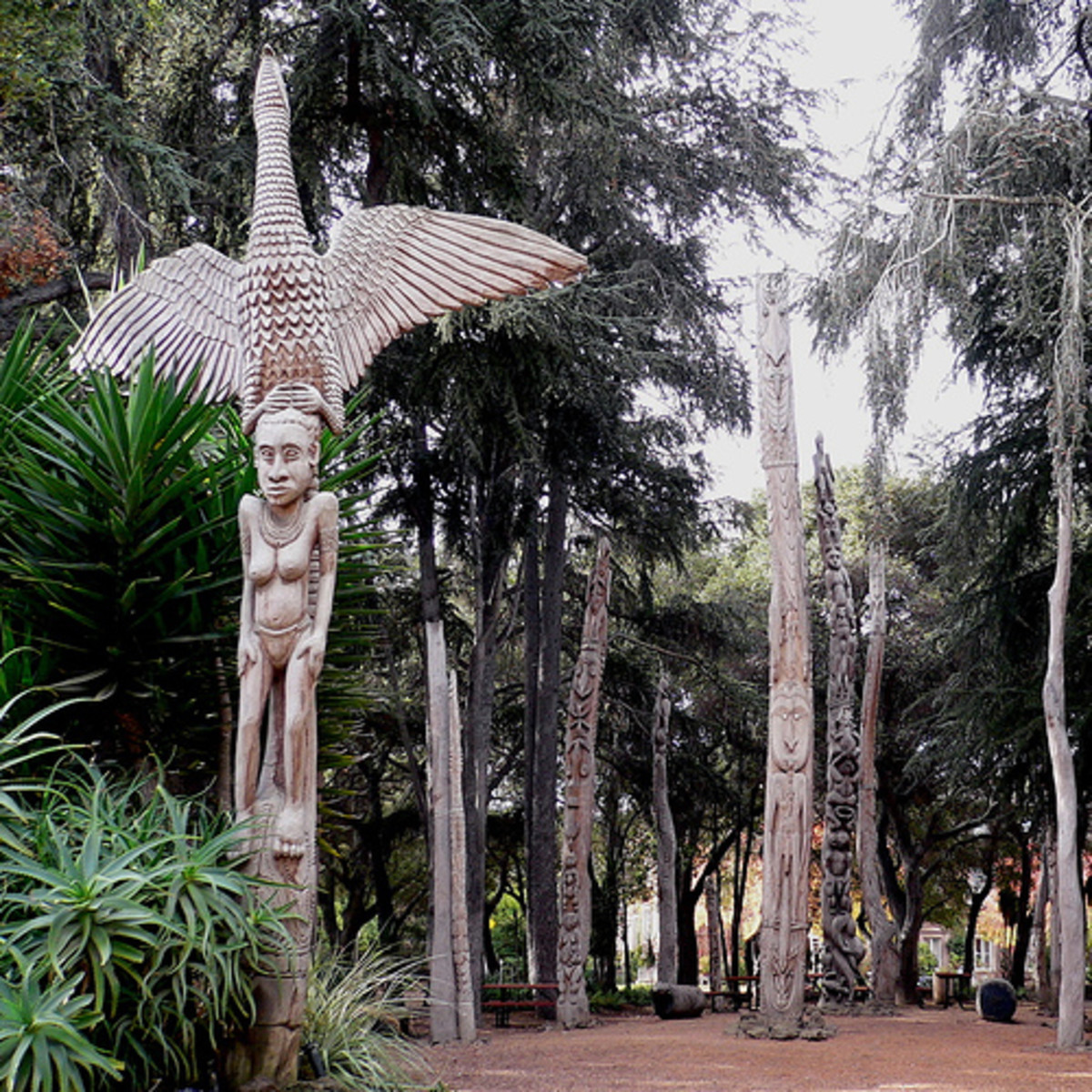Why Do Believers Tolerate So Great a Lie?
The Cure Is Worse Than the Malady

Who Is Your Doctor?
A great many people have a doctor they trust with their lives and I will guarantee you that the vast majority of these physicians are not practitioners of theories. Today's medicine is a very dynamic field, which means that it is constantly changing, hopefully for the better, as opposed to remaining static or unchanged. I do not believe that many of us would seek out a doctor that practices bleeding as a cure for many of the most mundane of ailments that a quick trip to the pharmacy would more than suffice our immediate need. Those who would seek out such an individual have one thing in common: they are very desparate!
The roll of doctors in our lives today is so very important to our maintaining reasonably good health that our remaining days upon this planet may be lived to the fullest possible. Yet, we do not seek our doctor's advice, as a rule, concerning our eternal good health. This we leave to so called science and its multitudes of theories that seek to justify our existence and the hoped for nothingness beyond the grave. The modern evolutionist is equipped with fantastic TV programs with the latest CG imaging, large foundations funding their research, major publications expounding the wonderment of billions of years in print / photography and a hyper educational system that provides the necessary indoctrination to keep the future adherents filling the vanishing pipeline.
Do you rely upon your doctor for something as important your personal or loved ones health without question? To do so you would be deemed unwise in a matter so critical. Yet, many do this very act when it comes to their eternal well being; they blindly follow another's theories without so much as questioning the validity of their beliefs when there is so much of it's "evidence" that is contrary to logic or reasonableness.
What follows is a series of questions - without my biased answers - that I had to answer for myself. Hope you enjoy!
The Big Bang Theory.
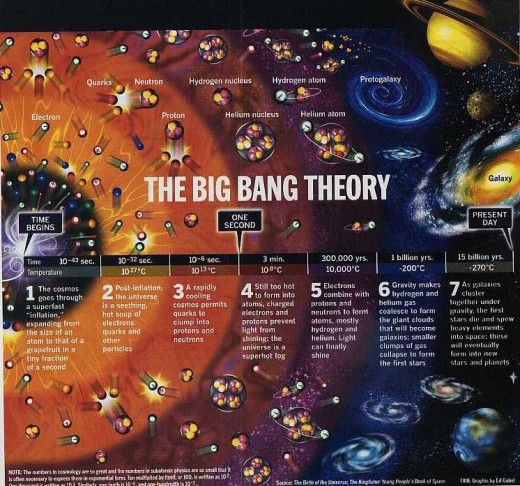
Question #1 - When Did Time Begin?
I believe this is the most important question to come to grips with as our lives are ruled by time: a time to be born; a time to die, etc. Here we go:
- What existed before time came into being?
- Since it was a cataclysmic explosion of matter; how did matter exist before time?
- The 2nd Law of Thermodynamics states that all matter is going from order to disorder (dying); hence what began the cycle of dying and what created the half-life of atomic particles?
- Why is it that the field of astronomy has detected myriads of stars and galaxies self-destructing, resulting in novae, black holes and massive dust clouds and yet clamor over what may appear to be the formation of a new star or nebulae; the rarest of finds?
- Since the process of all matter decaying and the resultant conversion to energy surrounds every facet of our lives on a daily basis, why does modern man hold out hope that a solution can be found within the science of decay?
The clock is running and there is nothing we can do about it!
Life's Greatest Source of Energy - the Sun.
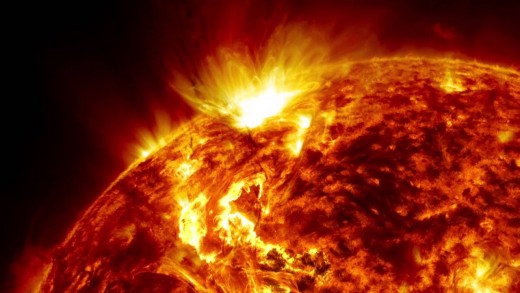
The Incredible Shrinking Sun!
An interesting quote from an interesting source: "I suspect that the sun is 4.5 billion years old. However, given some new and unexpected results to the contrary and some time for frantic readjustment, I suspect that we could live with Bishop Ussher's figure for the age of the earth and sun (approximately 6,000 years). I don't think we have much in the way of observational evidence in astronomy to conflict with that." Dr. John Eddy - High Altitude Observatory in Bolder, Colorado.
Fact - Since 1836, our sun, a self-consuming (matter decaying into energy) lower class star, has been measured shrinking at the rate of 6 feet per hour or about 10 miles per year or a radius of 5 miles per year.
- If our sun is billions of years old: how big was it just 1 million years ago, 10 million years ago and how about only 1 billion years ago?
- How would describe our solar system using the same time tables?
- All stars are converting matter into energy and some make our star look like a baby star: what would the universe have appeared as, 1 billion years ago?
Our Friendly But Very Quiet Neighbor
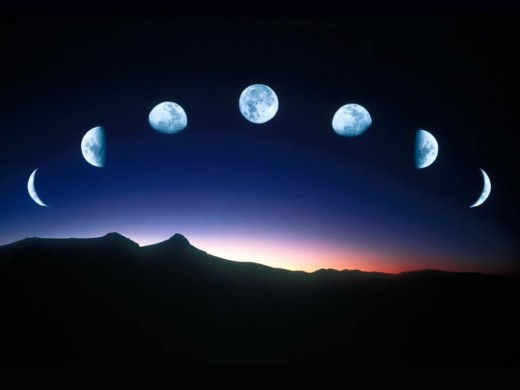
Earth Is Slowing Down and The Moon Is Leaving!
Most everyone knows how the moon affects the oceans tidal actions and weather patterns on a global basis, but did you know that the moon's orbit is taking it further from earth and in like manner the rotation speed of the earth is slowing down? The earth's rotation is slowing because it is constantly transferring energy to the moon while the moon is moving away because the amount of energy from the earth is decreasing on a measureable basis. Catch-22.
- What do you think would be the result if you extrapolated this phenomenon in reverse, let's say - 1 million years or a billion years? Remember, the moon has been in existence at least a billion years or more, so the experts say.
- Knowing the current effect on tidal actions at its current distance, can you imagine what the effect would have been upon the seas, the islands and the continents only one million years ago?
Heavenly Fireworks - Meteorites
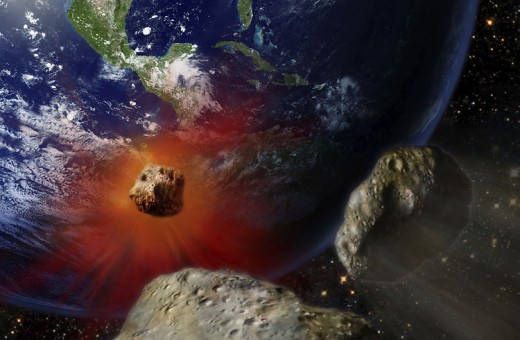
Man's First Step On the Moon
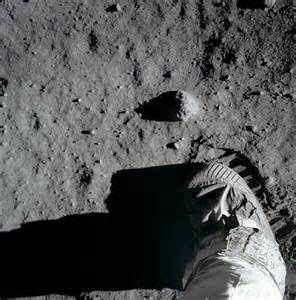
Meteorites and Space Dust
Every year meteorites impact the earth and fragments of meteorites can be found all over the world. It is breath taking to be able to observe a large meteor shower or the horizon to horizon monster meteorite blazing across the star studded sky. Most every person has the opportunity to watch a shooting star; the problem is this:
- If the earth is billions of years old, why is there no recorded discoveries of fossilized meteorite particles? The earth should be inundated with them.
- Space dust, the lesser known cousin of meteors and asteroids falls at a measureable rate. It is so predictable that prior to the moon landing, NASA designed the lander's pads in anticipation of finding between 50 to 180 feet of space dust on the surface of the moon due to the moon being between 4 to 5 billion years old. Why did they find only 1/2 inch?
- Likewise, if the earth is the same age as the moon, why is space dust (a known element) such a rare element in our oceans?
There is so much more, but enough is enough. If one can honestly seek the answers to their own satisfaction one must hope that reason will triumph.
Words of Wisdom From The Heroes of Evolution!
"The fossils that decorate our family tree are so scarce that there are still more scientists than specimens. The remarkable fact is that all the physical evidence we have for human evolution can still be placed, with room to spare, inside a single coffin!"
Dr. lyall watson, 'The water people'. Science digest, vol. 90, May 1982, p. 44.
"You will be greatly disappointed (by the forthcoming book); it will be grievously too hypothetical. It will very likely be of no other service than collocating some facts; though I myself think I see my way approximately on the origin of the species. But, alas, how frequent, how almost universal it is in an author to persuade himself of the truth of his own dogmas."
Charles Darwin, 1858, in a letter to a colleague regarding the concluding chapters of his 'Origins of the species'. As quoted in 'John Lofton's Journal', the Washington Times, 8 February 1984.
"Why then is not every geological formation and every stratum full of such intermediate links? Geology assuredly does not reveal any such finely graduated organic chain; and this, perhaps, is the most obvious and serious objection which can be urged against the theory. The explanation lies, as I believe, in the extreme imperfection of the geological record."
Charles Darwin, 'on the imperfection of the geological record', Chapter x, The Origin of the Species, J.M. Dent & Sons Ltd, London, 1971, pp. 292-293.
"And in Man is a three-pound brain which, as far as we know, is the most complex and orderly arrangement of matter in the universe."
Dr. Isaac Asimov (biochemist; was a professor at Boston University school of medicine; internationally known author), 'in The Game of Energy and Thermodynamics You Can't Even Break Even'. SMITHSONIAN Institute Journal, June 1970, p. 10.
Lastly: "To suppose that the eye with all its inimitable contrivances for adjusting the focus to different distances, for admitting different amounts of light, and for the correction of spherical and chromatic aberration, could have been formed by natural selection, seems, I freely confess, absurd in the highest degree."


